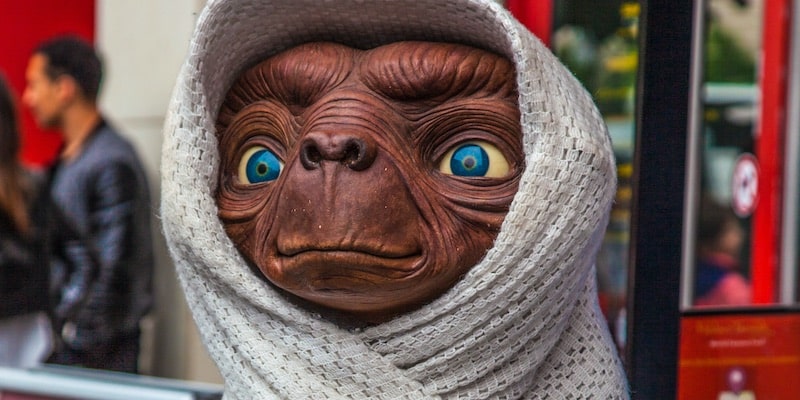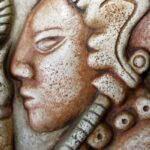We explain what something supernatural is and offer you multiple examples. In addition, we explain how it differs from the paranormal.

What is the supernatural?
The supernatural It is that which cannot be explained through science and the observable laws of nature. This term comes from Latin supernaturalisjuxtaposition of super (“on” or “outside”) and naturalis (“natural”), and is generally used to refer to matters of magic, spiritualism, divination and other similar phenomena.
The existence of supernatural forces, entities or powers is denied by science and empirical knowledge, but defended by occultism, superstition and, to a certain extent, by religions. In fact, miracles or the existence of God can be considered from a secular perspective as supernatural phenomena. Thus, a phenomenon can be explained through supernatural arguments (“the spirits did it”) or scientific arguments (“the force of gravity did it”), but not both at the same time.
When talking about the supernatural, the term is generally used freak (i.e., “supernatural phenomena”) to identify those events attributable to forces outside the natural order. These are usually real but apparently inexplicable events, anomalous, singular, unrepeatable and beyond human control.
It is possible to distinguish between three types of supernatural phenomena:
- Phenomena resulting from subterfuge that is, they are the result of a ruse, deception or trick, in which there is an express desire to hide the verifiable reason for the phenomenon. For example, magic tricks and seances.
- Unstudied or unexplained phenomena that is, they could have a rational explanation but have not been or cannot be subject to adequate study. For example, the miracles of Jesus Christ and the appearances of the saints.
- Explainable phenomena interpreted irrationally that is, events that have a rational and empirical explanation, and also traditional explanations of a magical or religious type. For example, the northern lights (interpreted as celestial dragons in ancient times), the deja vu (interpreted as evidence of reincarnation).
See also: Deity
Supernatural phenomena and paranormal phenomena

The terms are often used interchangeably. supernatural phenomenon and paranormal phenomenonsince in principle Both have a similar meaning: that which cannot be described or explained by ordinary reasons
Regarding its use, the difference between both terms is that the supernatural tends to be associated with occultism, myth and religion, while the paranormal, according to those who believe in it, is part of an unexplored or unexplored aspect. incorrectly studied nature. In that way, paranormal phenomena would not be outside the natural, but would form an inherent (but hidden) part
To exemplify this difference, one can think of the belief in ghosts and the afterlife. There is no scientific evidence to support the existence of ghosts or a world of the deceased; But many people still invest time and effort in finding tangible evidence (photographs, recordings, etc.) of its existence.
For these people, ghosts would be paranormal phenomena, that is, real but not yet proven, different from supernatural phenomena, such as stories of vampires and zombies.
Examples of supernatural phenomena
Some examples of phenomena to which a supernatural explanation is attributed are:
- UFOs and flying saucers.
- Ancient prophecies like those of Nostradamus.
- Demonic possession and exorcisms.
- Sorcery, witchcraft and voodoo.
- The afterlife and the invocation of spirits.
- Vampirism, lycanthropy and zombies.
- Miracles and visits from angels.
- Memories of past lives and reincarnation.
Continue with: Pseudoscience
References
- “Supernatural” in the Language Dictionary of the Royal Spanish Academy.
- “Etymology of supernatural” in the Online Spanish Etymological Dictionary.
- “Supernatural” in the Herder Encyclopedia.
- “Supernatural” in The Britannica Dictionary.





